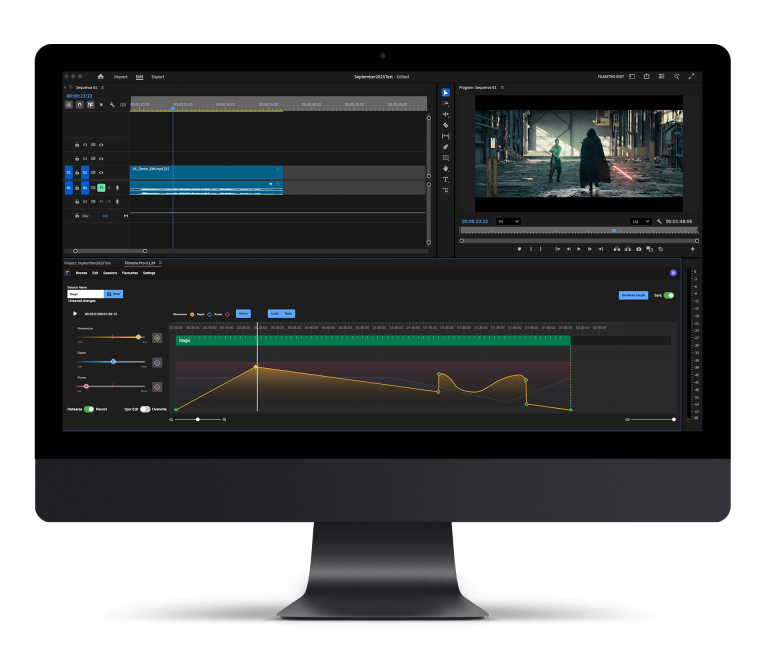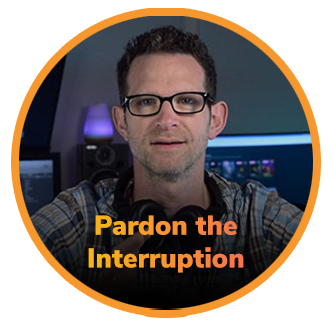Screenwriting dos and don’ts:
Producers, script consultants and production companies, can confirm that it takes a while to learn and exhibit high-quality screenwriting. Having read and worked on hundreds and thousands of scripts, we can tell the difference between great screenwriting and one that is not up to Hollywood standards yet.
As a result, we came up with some tips that you could keep in mind while coming up with one to rival the best professional screenwriters.
In many cases, the pitch of a project sounds perfect and seems to be a sure sale. However, the narrative tends to change after reading the screenwriting.
What seemed like a sure sale turns into a pure fail.
Quality screenwriting involves a proper execution of the concept regarding the script breakdown, set-up, structure, dialogue, and character development.
Below are some of the dos and don’ts to have in mind if you want to establish yourself as a quality screenwriter.
The Dos
Maintain a standard length
The length of your script should be maintained within a standard range. Ideally, the best size will range between 108 to 114 pages. A little bit longer than that, such as 120 pages, could still work for your script.
Identify a central character
The character is the element of your story that determines the tone, theme, and even ending. The character tells the story.
Therefore, it is essential to have a central character in your screenplay with a strong presence in the story. The characters’ actions, views, emotions, and reactions should be expressed. You will take your readers or viewers on a journey where they can view various experiences and the universe at large through the being you have created in your central character.
Format your script properly
The presentation of your script is a representation of who you are as a writer. Ensure your script speaks of your professionalism and thorough nature. Format your script professionally and clear all grammatical or typing errors. Get a script reader to help keep it flawless. How proud you are of your work determines how others will take it. If you are carefree, your script readers will most likely throw it off their table.
Use connotations
In places where the characters do not fully express their feelings, you can use connotations. The play ‘To Have and Have Not’ by Lauren Bacall has an example of good subtexts.
Make use of visuals
They say a picture is worth a thousand words. Visuals such as image motifs convey the characters’ moods and emotions without laying them out in statements. For instance, an image showing a character drowning in a pool of water displays overwhelming emotions. Be open and creative while writing your script and make use of visuals as a way to tell your story.
The Don’ts
An extremely long script
Writing an extremely long script is not a good idea. However, as you grow and advance in the game, you may be in a position to work on long scripts.
Long scripts mean that you must be at the top of your skill. The script must be as epic as the Seven Samurai or Dancing with wolves, or simply in the range of 108-114 pages.
Long character monologues
One of the qualities of good monologues is that they are brief. Long character monologues display amateur writing. A character monologue that goes up to a page or more does not bring out the best in your screenplay. Even half a page may be compromising your project.
If you want to write a long character monologue, ensure you have several visuals, such as motifs, in between. The visuals should be in line with your content and the reactions of the characters in your screenplay.
Too many characters
A good script has a central character and several other characters telling the tale. However, overdoing the characters may be detrimental to your project.
Too many characters take the readers’ or viewers’ attention away from the main character they should engage and connect with. The lines of dialogue should be kept short and straightforward.
Too many camera angles
Camera angles help in stage directing while shooting a scene. However, too many camera angles do not serve justice to your script. It is good to allow the play director to determine how characters read their lines and shoot a scene.
Dialogues stating precise feelings and thoughts
In reality, people barely express their thoughts and feelings openly and completely. In some cases, they say the opposite of what they feel or become passive-aggressive.
This human nature should be your guide. Avoid explaining or having dialogues that describe precisely what your characters’ thoughts and feelings are. Such dialogues may limit the depth of your characters and water down your script.
—-
We hope you enjoyed this article and don’t miss out on any of our other blogs! Sign up to Filmstro and follow us on Twitter, Facebook and subscribe to our Youtube channel.
Check out our royalty-free music today by clicking here.









